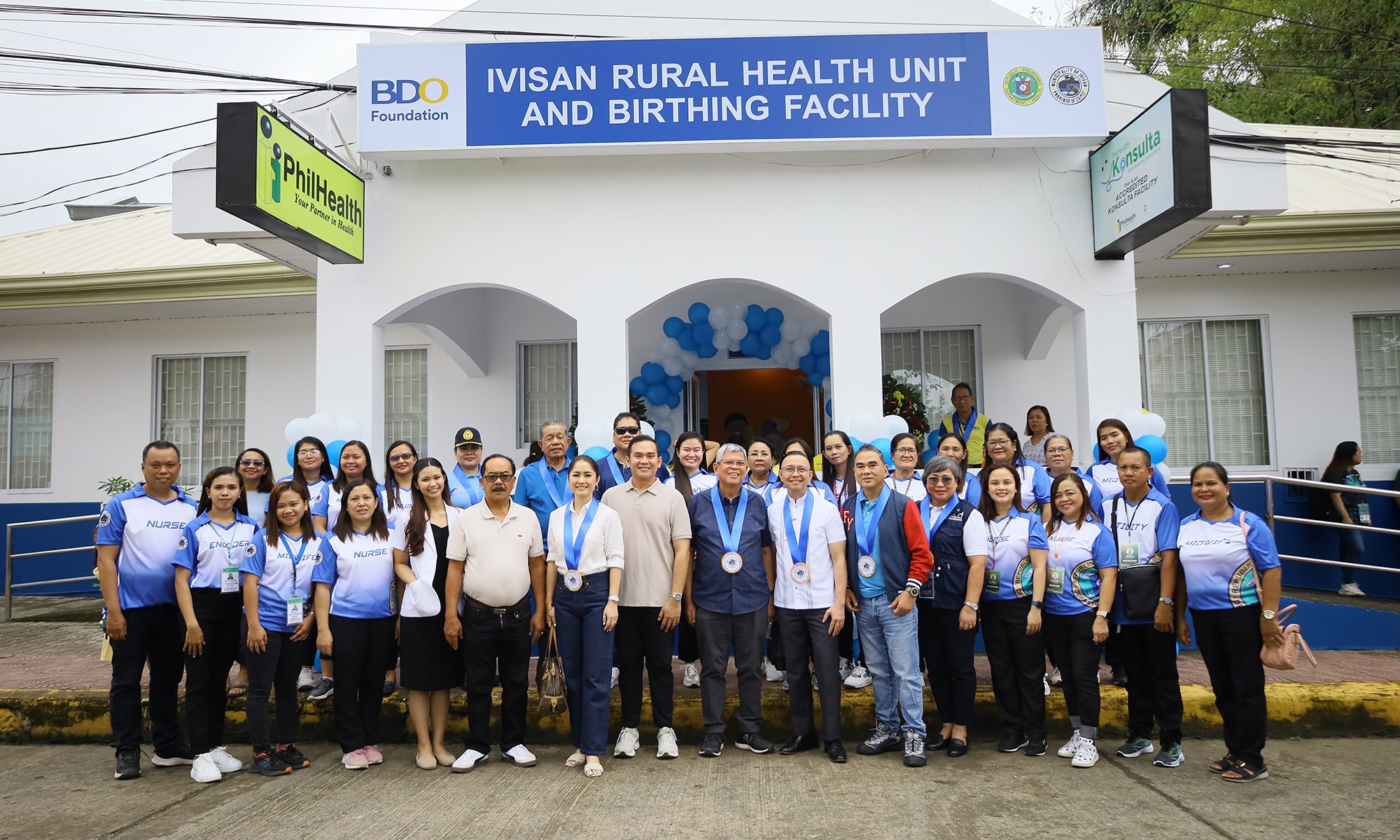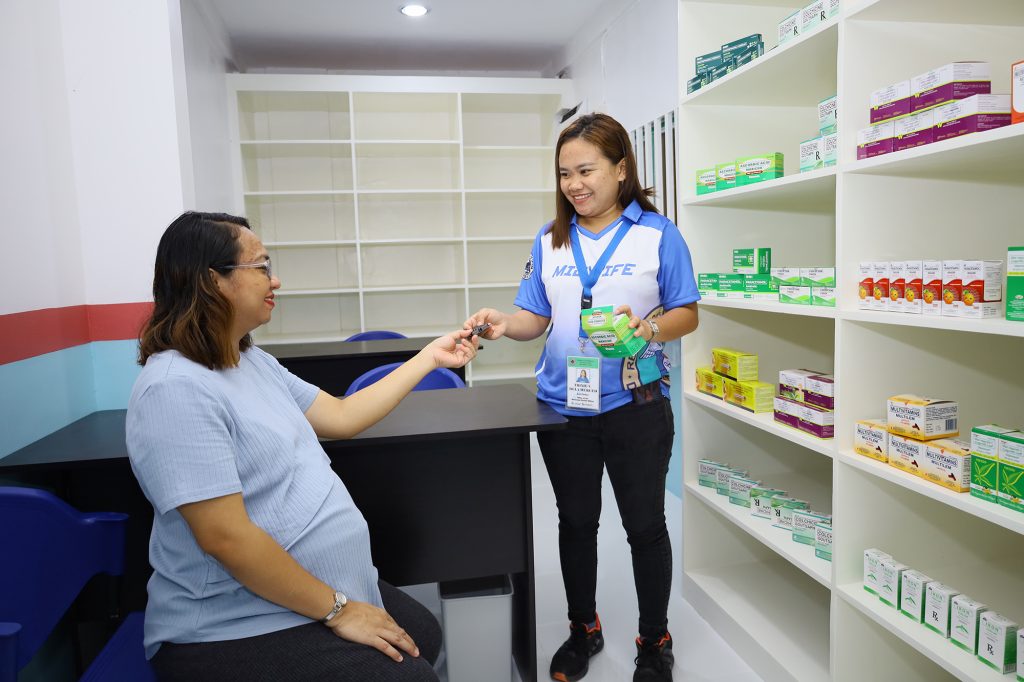
UNICEF Philippines and the BDO Foundation are working together to improve educational options for out-of-school children, teenagers, and adolescents in the Bangsamoro Autonomous Region of Muslim Mindanao (BARMM) through the Alternative Learning System (ALS). This initiative, which will assist underprivileged communities in Basilan, Tawi-Tawi, and Maguindanao, will provide out-of-school children and youth with a second chance to reintegrate into formal education or build valuable employable skills.
BDO Unibank’s corporate social responsibility department will sponsor the initiative for the next two years. The partnership’s goal is to close the education gap and reach 3,000 adolescents aged 10 to 19, giving them educational opportunities that can change their lives.
BARMM suffers from a number of issues, including high poverty rates, restricted access to secondary education, and the highest illiteracy rate in the nation. Ongoing armed conflict, political instability, and natural catastrophes compound these challenges, putting many young people, particularly girls, disabled children, and conflict victims, at a substantial disadvantage. The region’s youth are also at risk of missing out on educational opportunities, which can significantly limit their socioeconomic potential.

In response, UNICEF Philippines has been working with the BARMM Ministry of Basic, Higher, and Technical Education to expand ALS programs that provide flexible learning opportunities for out-of-school adolescents. With the support of the BDO Foundation, this collaborative commitment and cooperation will improve ALS access throughout the region, assisting disadvantaged adolescents in returning to formal education, becoming more active in the community, and acquiring the skills and education required for a brighter and more sustainable future.
UNICEF and the BDO Foundation intend to eliminate major educational inequalities in BARMM and improve the socioeconomic mobility of the region’s young. By cooperating with local governments and communities, the effort assures the long-term viability of ALS programs and benefits the recipients.




